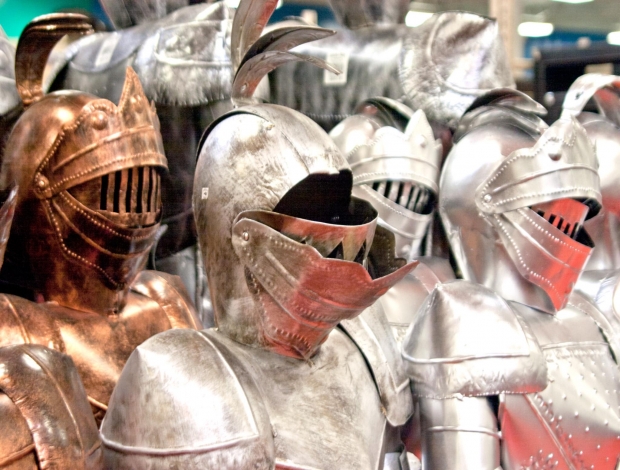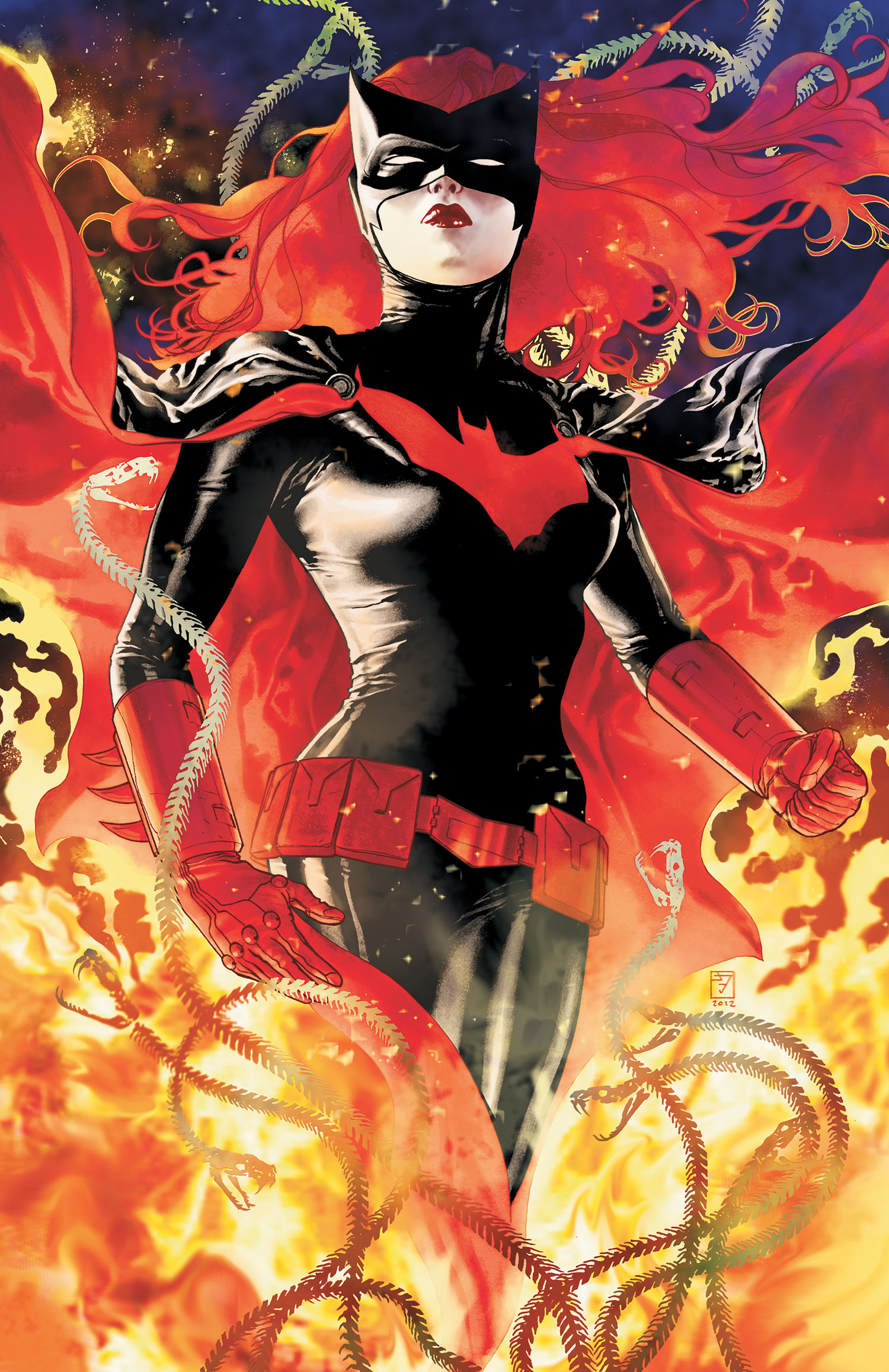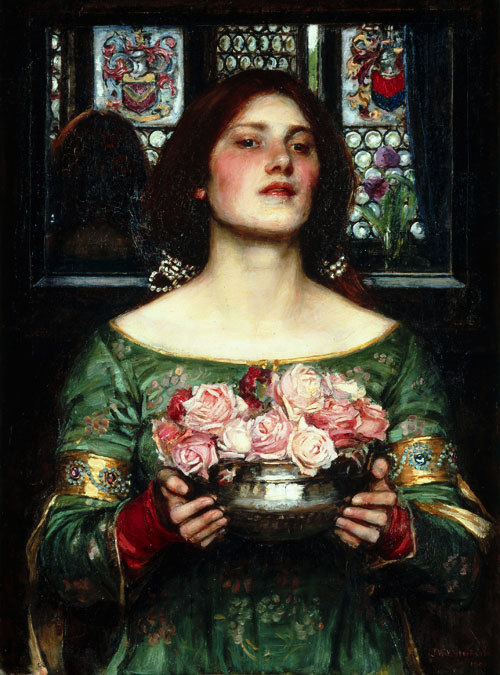A couple of weeks ago my wife posted a question on Facebook regarding chivalry. From what I recall of the question would it be a term used for men only. It reminded me of my first extensive history report from my sophomore year of high school: a subject I hold close to my heart. When I wrote this paper, I had begun delving into Dungeons & Dragons and playing my favorite archetype, the paladin.
The post allowed for a brief discussion among friends regarding the topic and I thought nothing more of it until my wife posted a blog article on her page.
My Reaction
I read the blog a few times. At first I was perplexed, and then a little angry. Then I reminded myself it’s an opinion. Everyone has opinions and mine is completely different. Rather than say author Kelsey Lueptow is wrong, I will offer a different point of view.
Historical Context
First, let’s consider the history of the word chivalry. It derives from the French word chevalier to mean horseman or knight. There was no official code per se, but if you look it up you can find a few documented codes which are very similar.
I will cite two primary sources. The first, The Song of Roland was composed around the time of 1098-1100. Roland was the best of Charlemagne’s knights in the Dark Ages around 8th century B.C.E. Charlemagne’s knights followed these chivalrous tenets (from knightshospitallertemplar.org):
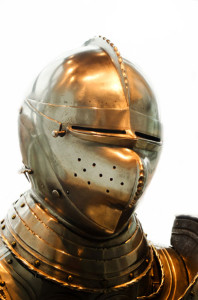 “To fear God and maintain His Church
“To fear God and maintain His Church- To serve the liege lord in valour and faith
- To protect the weak and defenceless
- To give succor to widows and orphans
- To refrain from the wanton giving of offence
- To live by honour and for glory
- To despise pecuniary reward
- To fight for the welfare of all
- To obey those placed in authority
- To guard the honour of fellow knights
- To eschew unfairness, meanness and deceit
- To keep faith
- At all times to speak the truth
- To persevere to the end in any enterprise begun
- To respect the honour of women
- Never to refuse a challenge from an equal
- Never to turn the back upon a foe”
My second example was written by the Duke of Burgandy in the 14th century. This was the source for my original report and his interpretation of the code was that of virtues. The virtues are as follows: Faith, Charity, Justice, Sagacity, Prudence, Temperance, Resolution, Truth, Liberality, Diligence, Hope and Valour.
Interpreting the History
When I put all this together I see kindness. As Bill and Ted would say, “Be excellent to each other.” And when I review the Everyday Feminism article, I see the author asking for just that.
http://www.youtube.com/watch?v=N_yJFLvmjJY
My Code of Chivalry
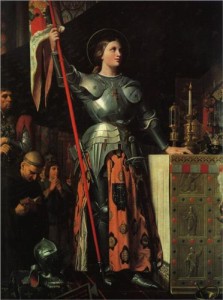 When I act under what I understand to be chivalric behavior I by no means believe it to discourage beastly sexual urges, but rather a way of living with the rest of humanity. With all the lines and all the virtues put together I see regards for all and is in fact equivalent to respect.
When I act under what I understand to be chivalric behavior I by no means believe it to discourage beastly sexual urges, but rather a way of living with the rest of humanity. With all the lines and all the virtues put together I see regards for all and is in fact equivalent to respect.
I understand the issue that some feminists may have with the term chivalry. However, it’s the 21st century and nowhere in the code is gender even mentioned of the oath taker.
When I was growing up it was assumed a guy asked a gal out on a date then the man would expect to pay. He would open the door for the lady. (Granted, I was also taught to hold the door for anyone behind me, especially in the military, you are to open it for a higher rank out of respect.) My father taught me to pull the chair out a comfortable distance to show the woman you hold her in high regard.
Now it is common for women to ask men out, men to ask men out, and women to ask women out. If you are the one providing the invitation, it’s only polite to provide the entertainment – either at a restaurant or a home cooked meal. If you still feel offended by the invitee’s insistence to pay, be gracious, accept it, and then counter with “thank you, I’ll get the next one,” assuming you look forward to a second date.
I see it this way: the minority of feminists see chivalry as a negative word. They see chivalry as chauvinism.
Similarly, some men view the feminist movement as extreme; they equate feminism with the extreme and offensive term ‘feminazi’ and all its connotations.
Misinterpreting terms such as ‘chivalry’ and ‘feminism’ in a modern context is contrary to the gender equality and kindness that both feminism and chivalry strive to achieve.
Additional Sources

